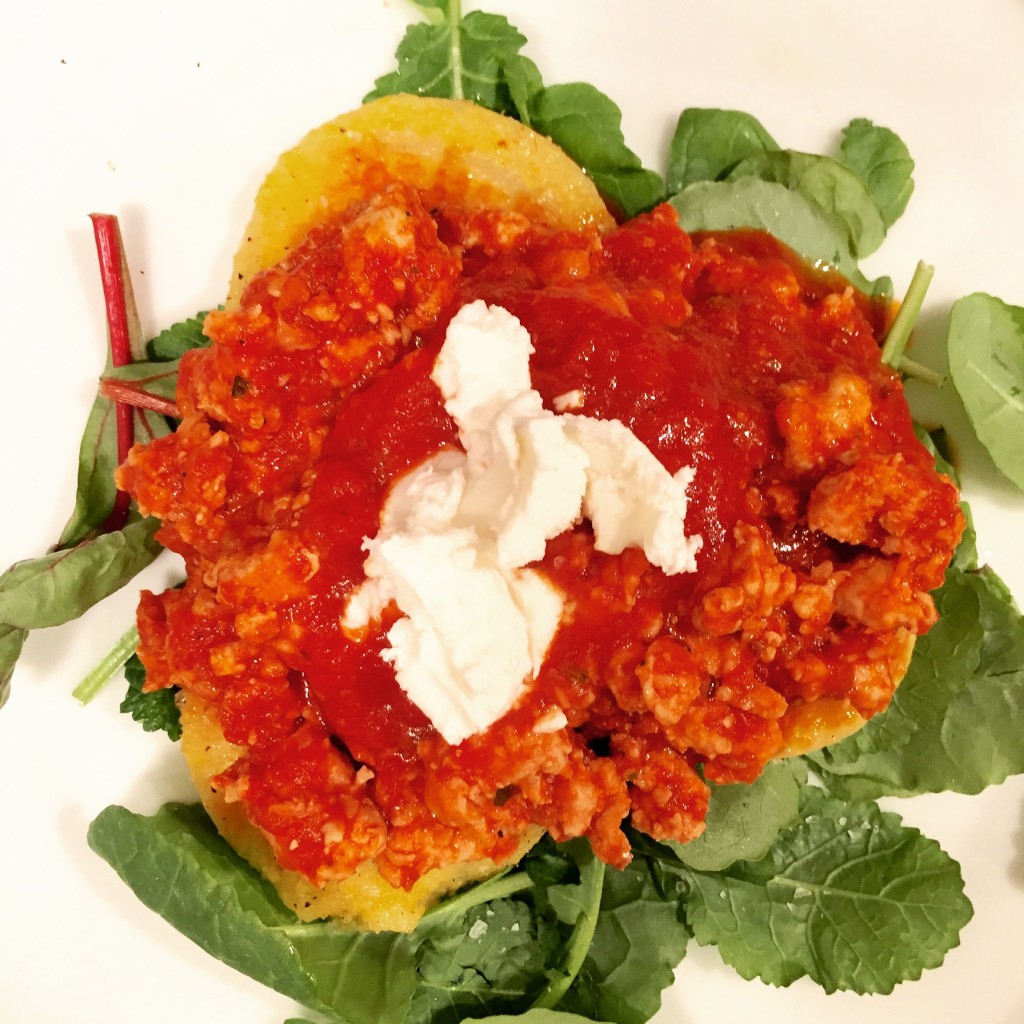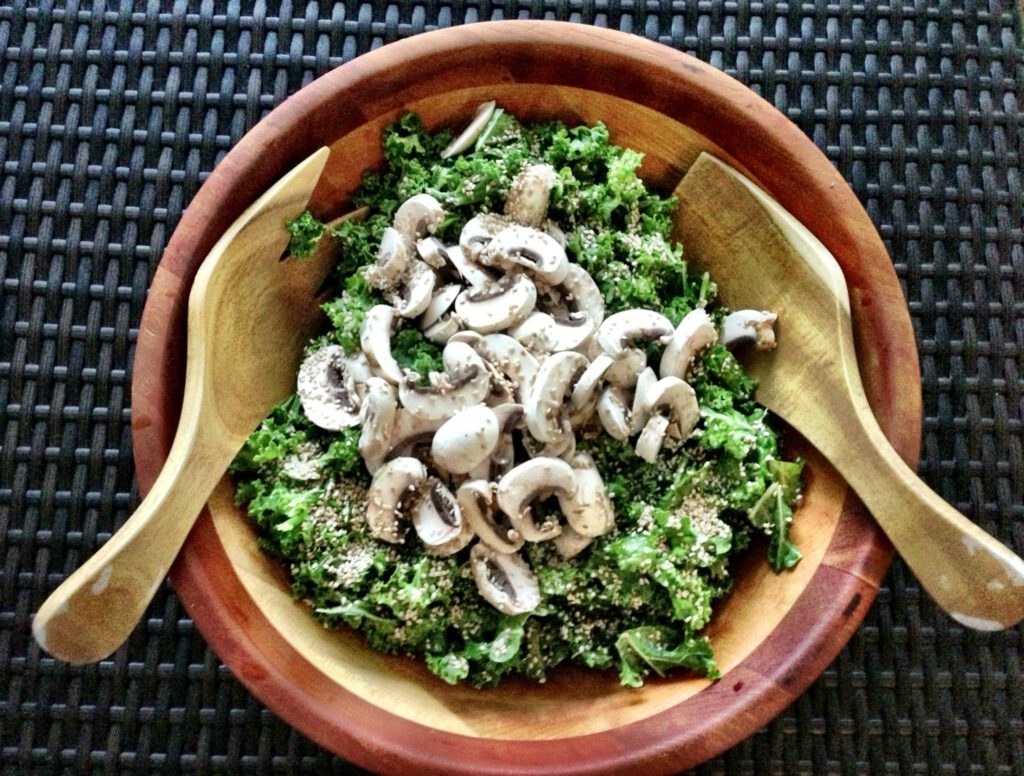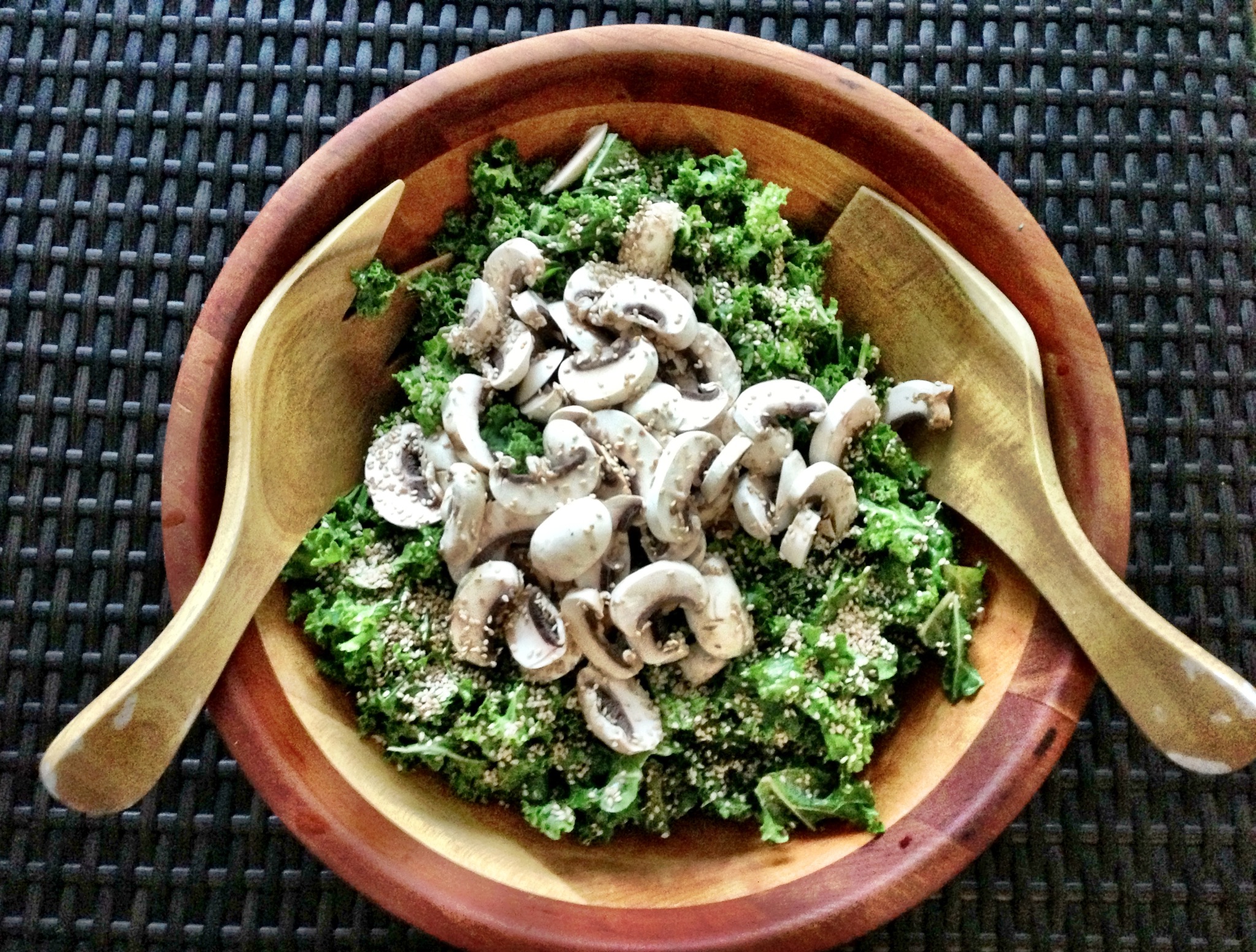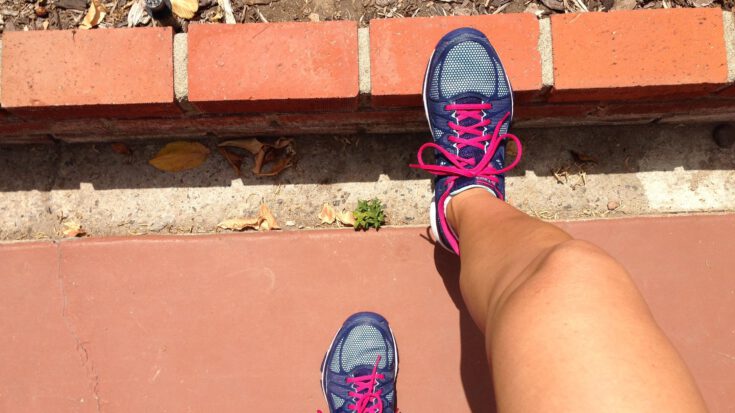Paleo. Whole 30. South Beach. Mediterranean. What do they all have in common?
They are all low-glycemic.
I try not to promote specific “rules” for eating. You need to choose food intentionally and purposefully that energizes you and helps you feel your best. Whether you eat meat or grains or dairy or soy is a choice only you can make, The important thing to remember is that food does have the power to heal or harm, and we can either help or hinder our health by the things we eat and our relationship to food. You can read my entire food philosophy here for more thoughts on this and additional tips, including how to fall in love with food and making good choices for our environment.

While I avoid certain “rules” and restrictions, there is one type of eating lifestyle I promote whole heartedly and that all my recipes and food choices tend to follow. They are all low-glycemic.
What does this mean?
Basically, a high-glycemic food spikes your blood sugar very quickly, while a low-glycemic food does not. Seems simple enough, right?
When you eat a food that is high-glycemic, you are basically loading your body with sugar very quickly. These include the obvious culprits like cookies and cakes, but it also includes white bread, pasta, tortillas, flavored non-fat yogurts, instant oatmeal, bagels, white rice and cereal. For this exercise, let’s just use a bowl of Cheerios as our example.
After eating the high-glycemic food (our Cheerios), there is a sudden increase in the sugar levels in your blood and cells. The Cheerios are mostly sugar, and your body wants to do something with that very quickly. It sends out a massive amount of insulin to drive that sugar either into muscle or fat. Insulin is very effective (good job, insulin!) so the sugar gets out of your blood in a hurry. The next thing you know, your blood sugar has suddenly plummeted because all that sugar from the Cheerios is now hanging out in your muscle or fat instead of your blood. Welcome food coma and sugar crash.
Your body is now in this very low blood sugar state, and it kind of remembers back to cave man days when you had to eat for survival. It says “Oh my gosh, I’m literally starving! Please get me food right now! Not just any food – I need a high sugar/high-glycemic food so you can get my blood sugar up again stat.” So you are hungry pretty much right away, and it’s only 10:00am.
We all this the glycemic roller coaster, and it’s a nasty and not so fun place to be.
When you maintain this glycemic roller coaster over time, a few things happen:
1) Immediate INFLAMMATION in your body. Your body literally goes into immediate inflammation when you eat something high-glyecemic. So that headache or those muscle pains? Yes, you are making them worse.
2) You get HUNGRY because of the sudden blood sugar crash. It’s not a matter of you just needing more will power. You are craving high sugar foods because your body thinks it is STARVING.
3) It becomes harder and harder for all that sugar to be delivered into the muscle. It has to go somewhere, so it gets delivered into your fat cells. This is why you can keep the exact same diet that worked for you in college, and actually gain weight five years later! Instead of the sugar being stored in your muscle to use for energy later, it’s stored in your fat cells, so you gain weight over time by keeping the same high-glycemic diet.
4) Glucose sensitivity. Ok, this is where things start to get bad. It’s your body’s warning signal – red light! red light! warning! This is where I was ten years ago. Some signs of this include increased cravings for carbs (give me ALL THE BREAD), afternoon headaches and overall fatigue.
5) Glucose intolerance. This means your body has to produce more and more insulin to deal with the same amount of sugar and high-glycemic foods. Your pancreas has certain cells that release insulin, and you are wearing them out and they just can’t keep up anymore.
6) Diabetes. Type II diabetes is inevitable if we keep on this glycemic roller coaster year after year after year.
I am NOT telling you all of this to scare you – well maybe little, because it scared the pants off of me when I first learned about it! That fear actually turned into a desire to learn more and a realization I could chose foods that actually helped heal my body. I could have said no to doughnuts before, but I had no motivation. I would just workout harder the next day to burn the calories – no biggie. But learning that the same doughnut actually inflamed my body? It actually was causing my afternoon headaches and creating havoc on my future health? That got my attention.
Some examples:
BAD – white bread, tortillas, cereal, instant oatmeal, sweetened yogurt, rice cakes, candy, many store bought granola bars, white rice, corn, sugar
GOOD – vegetables, quinoa, oats and brown rice (in moderation) organic lean meat/fish, plain low-fat organic yogurt, whole fruit, nuts, avocados, coconut oil, eggs

Here is a great website that will explain the glycemic index and let you type in any food you’d like to find out it’s number. The higher the number, the worse it is.
So when deciding what food philosophy works for you, just start with the idea of choosing low-glycemic foods. I started this way of eating over 10 years ago and immediately noticed my afternoon headaches and crashes disappeared and my weight stabilized. My body aches decreased and I was able to manage my endometriosis. Instead of putting myself into a box and following one specific diet, I simply choose to eat the foods that feel best for me and my body. Sometimes this is vegetarian, sometimes vegan, sometimes meat, sometimes gluten-free. It is always low-glycemic.
To receive bonus tips, advice, workouts and recipes for a healthy lifestyle, click here to be added to our newsletter list. You will also receive our FREE 25 minute Pilates home workout!



